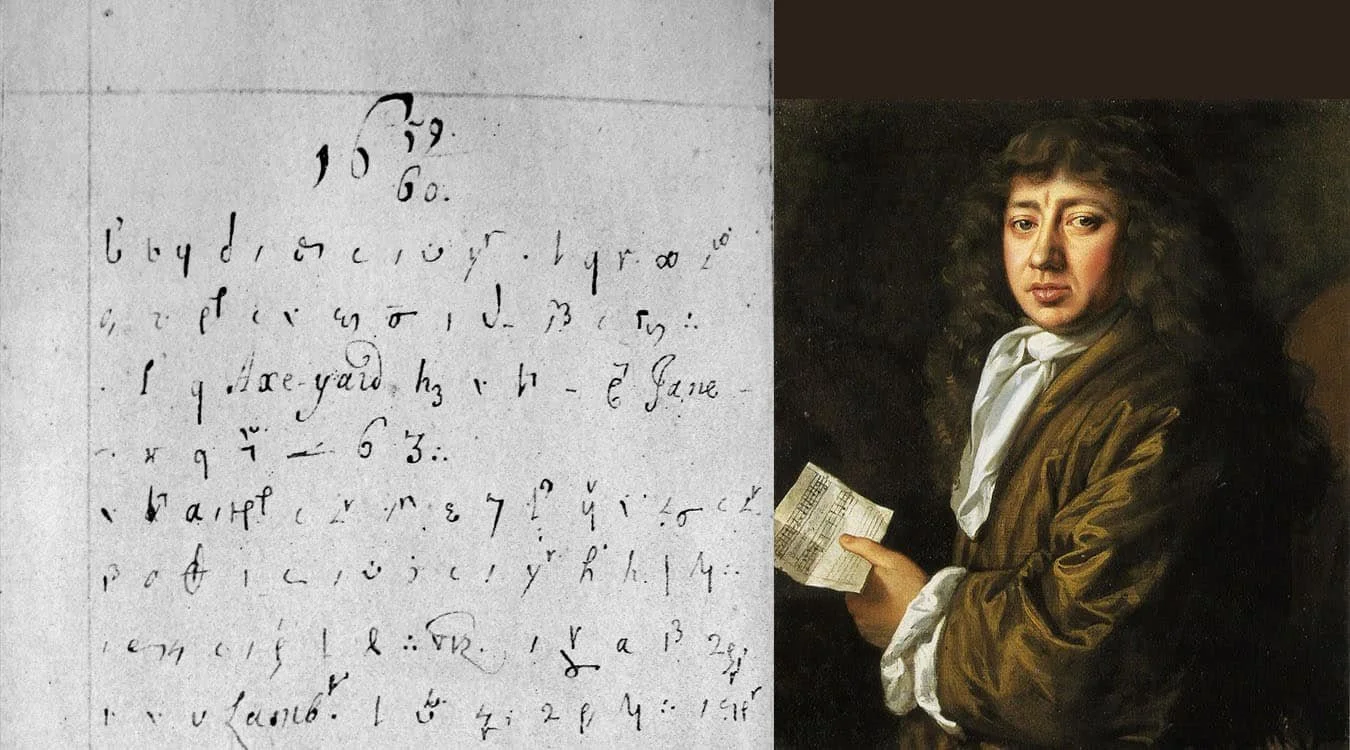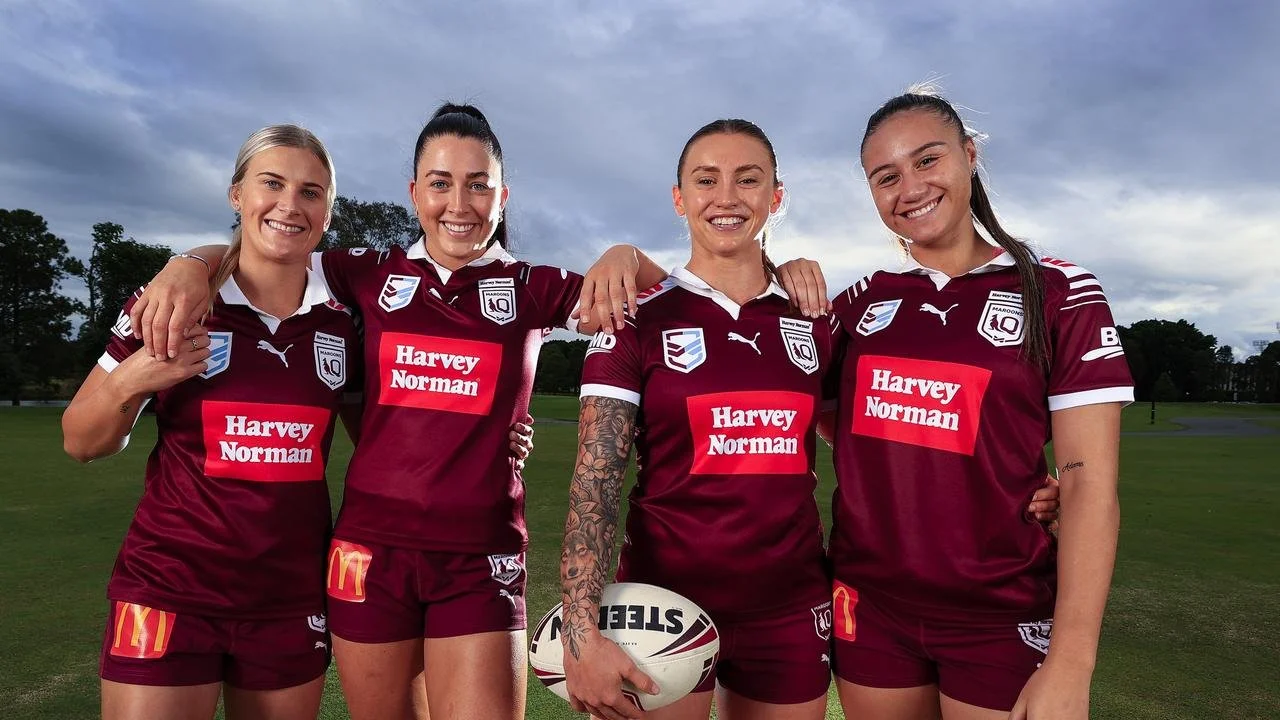I came across slubberingly in a dairy entry from Samuel Pepys. His candle was almost out and in his haste he wrote slubberingly. Now that’s a good word! How did we lose it?
Read MoreThe result of my trip to Singapore in 1991 was the inclusion of a number of items from Hong Kong English, and more from Philippine English, in the next edition of the Macquarie Dictionary. Our mantra was : English is an Asian language. This passed without comment in Australia and in Asia and the rest of the world.
Read MoreIt has been the dream of dictionary publishers to ignore the existence of different varieties of English and create a one-size-fits-all dictionary with worldwide distribution.
Read MoreA subscriber has sent in a bundle of queries relating to pronunciations which seem to be perversely avoiding the obvious.
Read MoreCheek was in Old English the word for the jawbone, but it extended in meaning to cover the flesh between the jawbone and the eye. The leap to the meaning ‘effrontery’ is not quite clear but the earliest example from 1823 is ‘But the rogue had such an invincible cheek, and so smooth and oily a tongue’. So I think it is that impudent gesture of raising your face to your opponent.
Read MoreIn America people generally refer to swag as we do to merch. Swag is the hats and beanies with corporate logos that every company encourages its employees to wear. This led us to wonder where swag came from.
Read MoreThis week in a presentation on Australian Slang I was asked how it was that so many of the younger generation, including young women, used the f-word freely in a way that shocked the older generation but didn’t seem to trouble them in the slightest.
Read MoreThe word quilter appears in the English Dialect Dictionary with the meaning ‘anyone or anything very large: a “whopper”’. It lists Worcestershire, Warwickshire and Oxfordshire as dialects which had this word.
Read MoreMy neighbour accused me of Indian giving. This was because of my habit of inserting pot plants which I had managed to bring to the point of death in amongst her flourishing collection until such time as they had recovered at which point I took them back.
Read MoreIt is astonishing how old some ideas are and how they linger on as an undercurrent of contemporary thought. There are undoubtedly people who still believe the world is flat despite all evidence to the contrary. In language there are assumptions that, though scorned by linguists, nevertheless survive in popular thinking.
Read MoreIt has constantly surprised me that historians seem to take very little notice of the features of the language in the texts that they look at. I did consider enlisting their support and help for the dictionary but I discovered that they were curiously blind to features of Australian English, even when it affected their own understanding of history.
Read MoreThe Tower of Babel is a powerful story — human arrogance brought low by divine retribution. If we had not attempted to reach God we might all have been speaking the same language.
Read MoreHave you ever experienced the feeling that a word is losing its meaning? When you say a word over and over, the meaning seems to fade with each repetition until the word is just a set of jumbled sounds, signifying nothing.
Read MoreMy choice of Word of the Year for 2023 is generative AI. This is the latest killer app that will affect us all.
Read MoreYou may have thought of the dictionary as a cold and unfeeling place where rationality rules but every so often I am reminded that people have uses for the dictionary that the editors never intended.
Read MoreThe current fashionable phrase I’m picking up what you’re putting down has its roots in the expression from British underworld slang to put down meaning ‘to make something very clear’.
Read MoreIn Australia it is fine to be one of the elite of the sports world but anywhere else it is most likely to be held against you. This use of elite as a smear word is a very Australian thing.
Read MoreA correspondent presented me with this word, commenting that he liked it but there were not many instances of its use — yet. I’m not talking about the rather quaint use of embubbled to mean ‘feeling the euphoria that follows drinking champagne’ but rather the embubbled that means ‘restricted to a group which shares enthusiasms and information to the exclusion of everything else’.
Read MoreWhen an explorer enters a new terrain with astonishing new features in the environment, they need to find the words to apply to what they have discovered. When the world enters a new situation, such as a pandemic, the expansion of our collective vocabulary to meet it is inevitable.
Read MoreAs China takes up more and more of our attention we are learning more about its ways. The Two Sessions is an event in China’s political calendar which warrants such a focus.
Read More

















